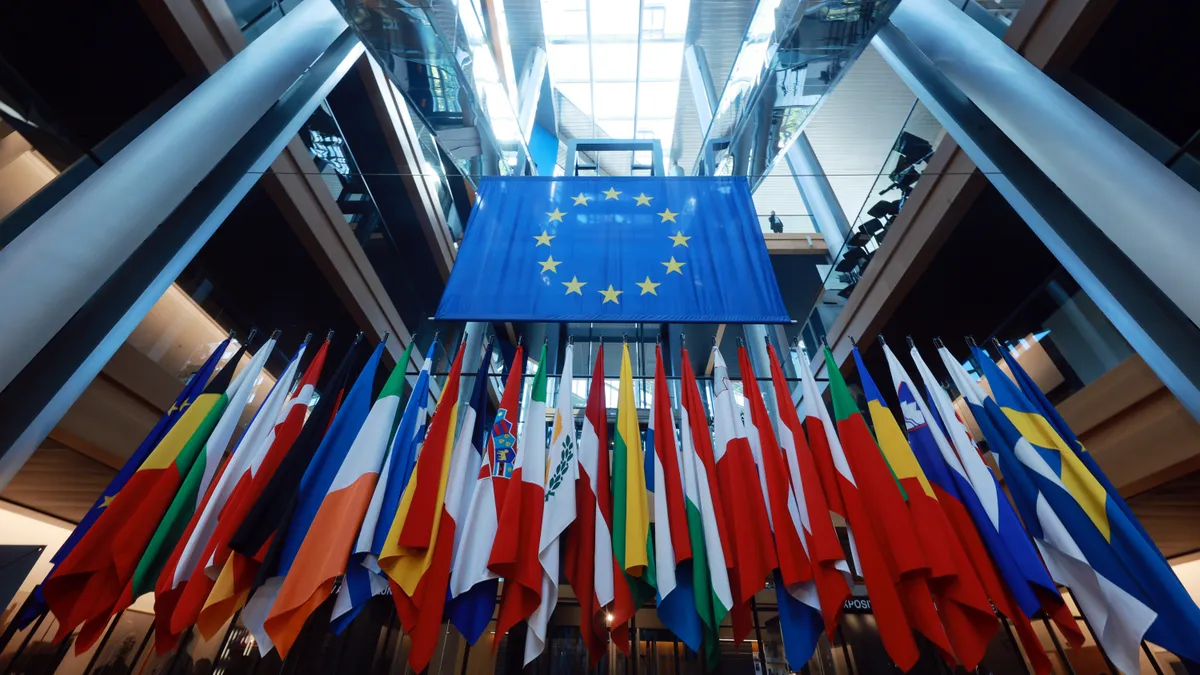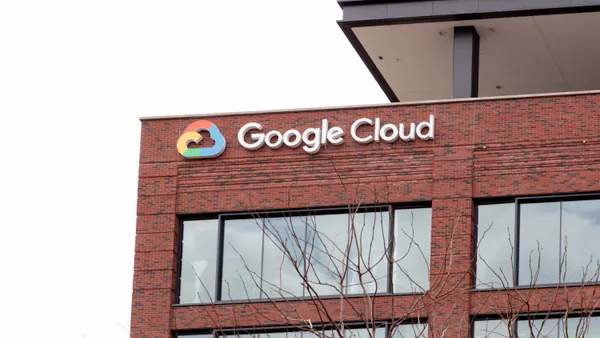53 million. That’s the number of people in the US who are already working independently as freelancers, indie professionals, creatives and free agents. And this number is expected to grow to more than 50% of America’s workforce over the next decade. This is the rise of the solo economy.
Why is the American workforce migrating out of their cubicle walls and into more flexible models of career management? What are the implications of solo work life for cities, organizations and professional credentials?
To learn more, we spoke with Michael Hopkins, founding partner and editorial director of The Solo Project. Launched by those who helped create and lead the Inc. Magazine and Fast Company brands, The Solo Project provides inspiration, ideas, tools, and community for soloists in the United States.
Why are soloists emerging?
“Three primary drivers are behind this shift in the way individuals and corporations approach work,” Hopkins explained.
- Technology and tools now enable work to be disaggregated and done anywhere, anytime.
- Project-based work is growing, and provides ample opportunities for specialized talent to jump in and do what they do best.
- The desire for a new relationship with work - one that is balanced by a sense of fulfillment and time management.
While the change impact of new technology and tools is probably most recognizable, the other two drivers might be less familiar.
“Increasingly, both inside and outside corporations, work is being organized as projects, not jobs,” Hopkins said. “The projects are finite, tackled by teams that form up and later disband. The people who work on these projects come and go, and they often include contractors, consultants, and freelancers—soloists, in other words.”
The third driver, the idea of work fulfillment and time management, is often misunderstood as the simple desire for better work-life balance. But there’s more to it. Hopkins points to a 2014 New York Times essay which summarized recent research—including a Gallup survey—stating that just 30 percent of employees in America feel engaged at work.
“For most of us,” continued Hopkins, “work is too often a depleting, dispiriting experience, and in some obvious ways, it’s getting worse.” However, it is now more possible than ever to craft independent work lives of our own, thanks to the same technological and project-work drivers Hopkins outlined earlier.
Are we ready for a workforce that has more and more independents in it?
According to Hopkins, the short answer is, “No.” Cities and communities have been organized for a century around the presumption that we are all employees, getting paychecks. Education is about preparing us to be hired. Policy and economic development is about creating jobs. Banks give us mortgages based on our W-2s.”
But in the future, city economies will rise or fall based not on how well they produce jobs, but on how well they foster work. It’s not a subtle difference. We need to understand how to help soloists and corporations work together, how to prepare our citizens for a life in which they will have to create their own economic security, and how communities can build the new infrastructure that a world-class solo workforce needs.
An emerging solution
To make this new solo economy work—for companies and for individuals alike—it’s critical to build trust networks around what each team and each worker knows, and what he or she can do. We need to make each person’s abilities and achievements visible and accessible in a transparent, trustworthy way to find new work, and to more efficiently point them toward further learning and reskilling opportunities.
Verified digital badges can provide an important part of the solution. Badges are standardized, transparent credentials for recognizing, managing and sharing professional competencies, learning achievements, and work experiences.
Established companies such as Oracle, Citrix and ISACA are leading the way in this space by offering digital badges through Acclaim, a badging platform dedicated to helping individuals share their professional stories in a way that is transparent and verifiable. A decade from now, when solo workers comprise the majority of the American workforce, it could be common for all of us to point to digital badges as a better way to talk about our own expertise and the know-how of others.










